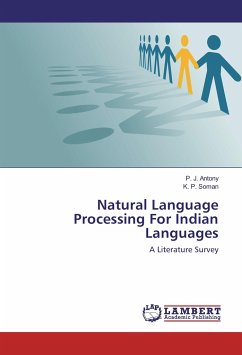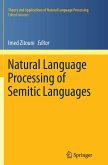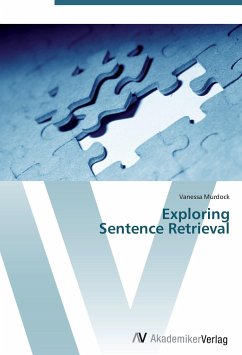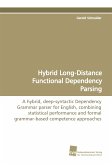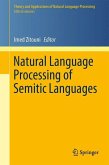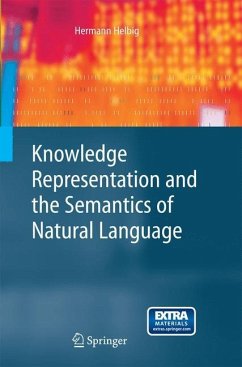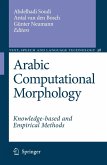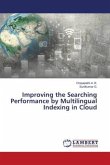The main objective of this book is to bring out a survey on different developments in computational linguistics tools and machine translation systems for Indian languages. Additionally, it discusses briefly the different existing approaches that have been used to develop various computational linguistics tools and machine translation systems. Literature survey shows that, the NLP though growing rapidly, it is still an immature area in Indian languages. Indian languages are highly agglutinative and rich morphological in nature. Syntactic and semantic variance is another reason that makes NLP is much harder for Indian languages. Literature reveals that the rule based grammar refinement process is extremely time consuming and difficult. Hence, most modern NLP developments are based on statistical or at least partly statistical, which allows the system to gather information about the frequency with which various constructions occur in specific contexts.

